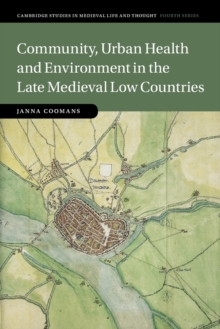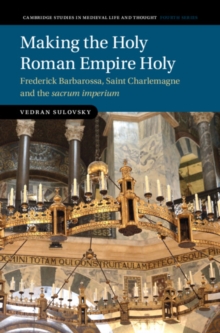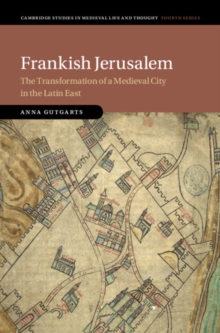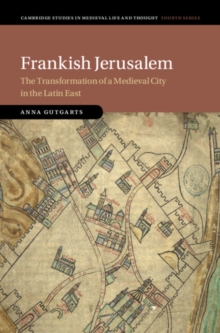
The Rhetoric of Free Speech in Late Antiquity and the Early Middle Ages Paperback / softback
by Irene (Universiteit van Amsterdam) van Renswoude
Part of the Cambridge Studies in Medieval Life and Thought: Fourth Series series
Paperback / softback
Description
The early Middle Ages is not a period traditionally associated with free speech.
It is still widely held that free speech declined towards the end of Antiquity, disappearing completely at the beginning of the Middle Ages, and only re-emerging in the Renaissance, when people finally learned to think and speak for themselves again.
Challenging this tenacious image, Irene van Renswoude reveals that there was room for political criticism and dissent in this period, as long as critics employed the right rhetoric and adhered to scripted roles.
This study of the rhetoric of free speech from c.200 to c.900 AD explores the cultural rules and rhetorical performances that shaped practices of delivering criticism from Antiquity to the Middle Ages, examining the rhetorical strategies of letters and narratives in the late antique and early medieval men, and a few women, who ventured to speak the truth to the powerful.
Information
-
Out of stock
- Format:Paperback / softback
- Pages:289 pages, Worked examples or Exercises
- Publisher:Cambridge University Press
- Publication Date:03/06/2021
- Category:
- ISBN:9781108725477
Information
-
Out of stock
- Format:Paperback / softback
- Pages:289 pages, Worked examples or Exercises
- Publisher:Cambridge University Press
- Publication Date:03/06/2021
- Category:
- ISBN:9781108725477










